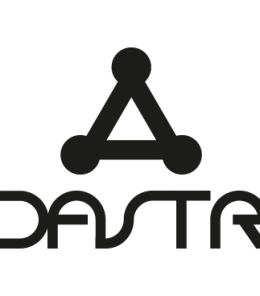What to Look For in Data Security Software

Data security software guards information from unauthorized access and breaches by leveraging advanced security protocols, data backup tools, and more. Its key features include encryption of data real-time monitoring and automated backup capabilities and access control. These tools protect sensitive data from cyber-attacks and allow companies to identify suspicious activity quickly.
Data protection tools must be able to recognize numerous threats such as ransomware and malware that utilize cryptographic algorithms encode and then exfiltrate data from systems. They must also provide an extensive set of analytics that can be used to determine if data is being accessed or hacked.
The top products in this area provide additional security tools to tackle specific data risks and threats like database firewalls that prevent SQL injection and other attacks such as identity and access management that tracks privileged users to determine excessive or inappropriate privileges and dynamic data masking that hides sensitive information, so it would be useless for criminals even if they were to extract it, and data loss prevention (DLP) which examines data in motion, at rest on servers, in cloud storage, or on endpoint devices.
You need to consider the kind of data your company uses and how you store it in order to determine how much capacity is needed. Examine your compliance requirements to ensure that the solution you choose will accommodate your needs for data Continued data security software storage and handling. Finalize, evaluate the quality and speed of the support services provided by the vendor.











